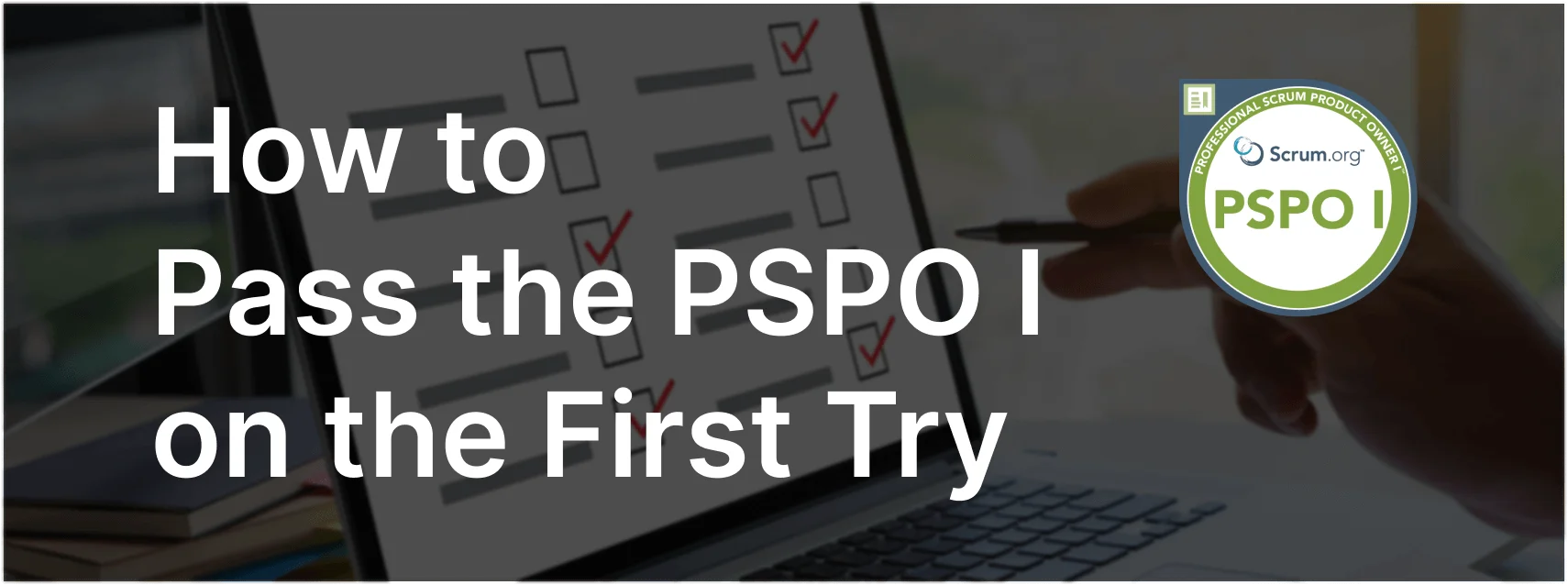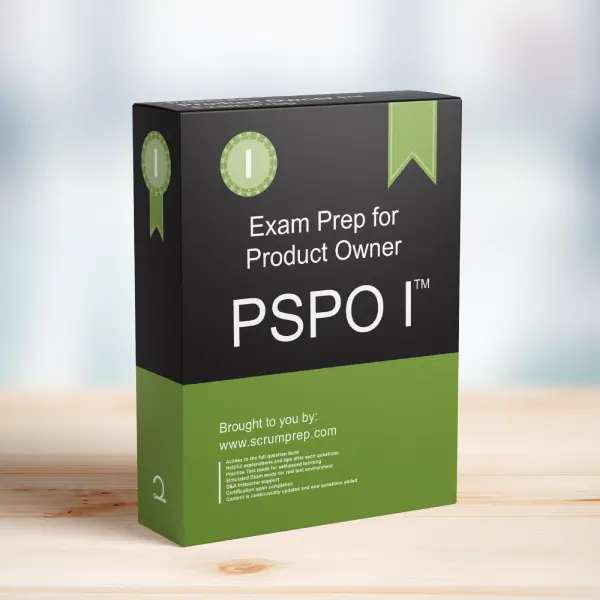Assessing Product Value: Key Sources for Product Owners
Product Owners must evaluate multiple sources to determine the value of a product effectively. This article explores the various sources a Product Owner might use when considering product value, particularly relevant for the PSPO I exam.
Exam Question
What sources may a Product Owner use when considering the value of a product?
(choose all that apply)
- A. VP of Sales
- B. The CEO
- C. Customers and Prospects
- D. Market research results and analyst reports
- E. The Developers
Correct Answers
A. VP of Sales
B. The CEO
C. Customers and Prospects
D. Market research results and analyst reports
E. The Developers
Explanation
When evaluating the value of a product, a Product Owner can draw insights from a variety of sources. Each source provides unique perspectives and data that contribute to a comprehensive understanding of the product’s value. Here’s how each source can be utilized:
VP of Sales
The VP of Sales offers insights into customer needs and market demands, providing valuable information about what features and capabilities might drive sales and revenue.
The CEO
The CEO can provide strategic direction and high-level business priorities, ensuring the product aligns with the overall vision and goals of the company.
Customers and Prospects
Direct feedback from customers and prospects is crucial for understanding their pain points, preferences, and how they perceive the value of the product. This feedback helps prioritize features that enhance customer satisfaction and usability.
Market Research Results and Analyst Reports
Market research and analyst reports provide industry trends, competitive analysis, and market opportunities. This data helps the Product Owner make informed decisions about product direction and positioning.
The Developers
Developers offer technical insights and feasibility assessments. Their input ensures that the Product Backlog items are realistic and achievable within the given constraints, helping to prioritize work that can be delivered efficiently.
Responsibilities in Scrum
- Product Owner: Responsible for maximizing the value of the product by considering inputs from various sources and ensuring the Product Backlog reflects the most valuable work.
- Scrum Master: Supports the Product Owner in gathering and interpreting data from different sources to make informed decisions.
- Developers: Provide technical insights and feedback that help shape the Product Backlog and ensure the feasibility of the planned work.
Relevance to the PSPO I Exam
Understanding the different sources of information that contribute to assessing product value is crucial for the PSPO I exam. This knowledge ensures that Product Owners can effectively gather and use data to prioritize and maximize the value delivered by the Scrum Team.
Key Takeaways
- Product Owners should consider inputs from various sources to determine the product’s value effectively.
- Each source provides unique insights that contribute to a comprehensive understanding of what makes the product valuable.
- Collaboration and communication with stakeholders, including the VP of Sales, the CEO, customers, and the Scrum Team, are essential for maximizing product value.
Conclusion
Product Owners must leverage diverse sources of information to evaluate the value of their products accurately. By considering inputs from stakeholders, market research, and the Scrum Team, Product Owners can ensure they prioritize the most valuable work and align the product with strategic business goals. For comprehensive preparation and practice exams, check out PSPO I Exam Prep to enhance your understanding and application of Scrum principles.



